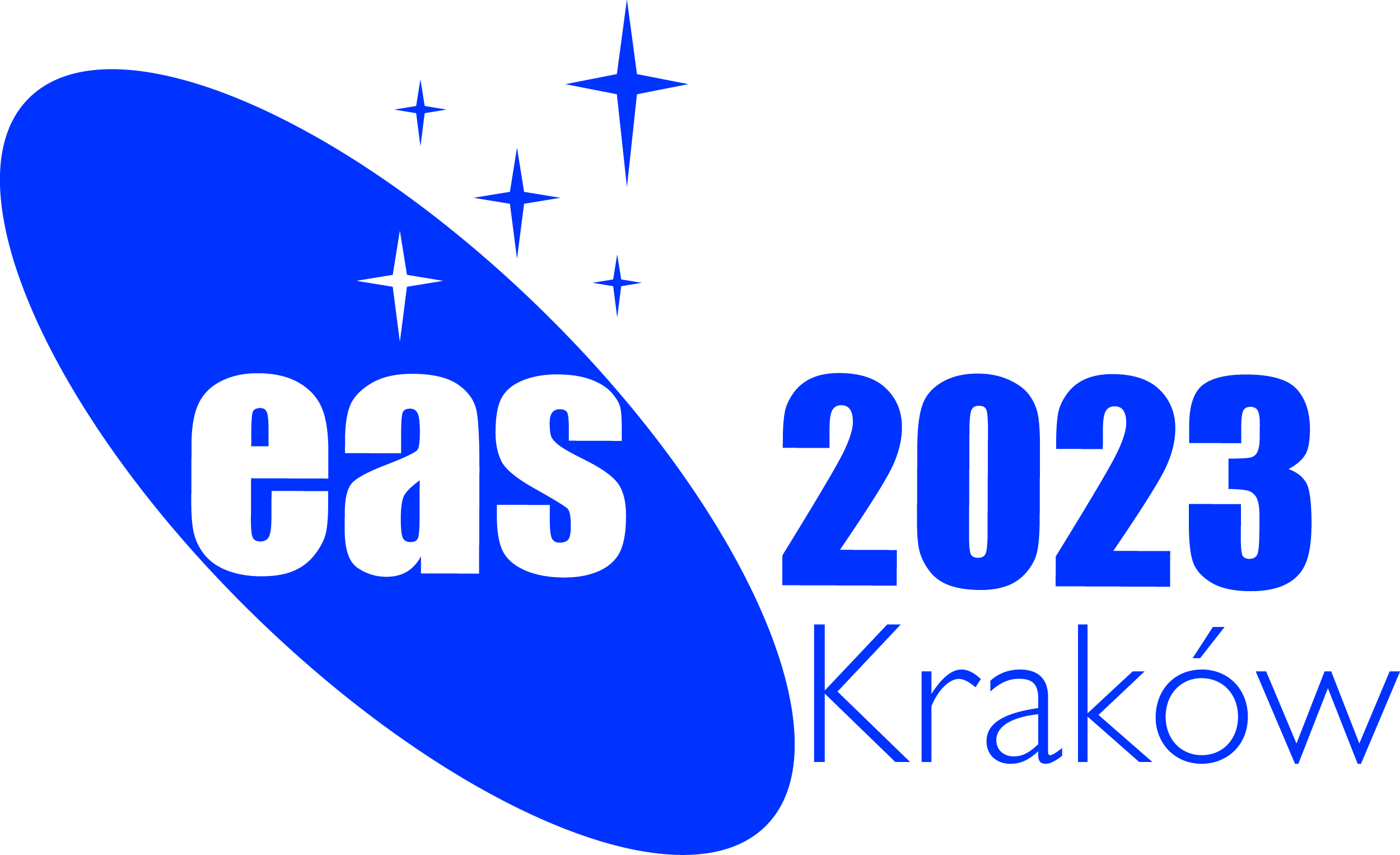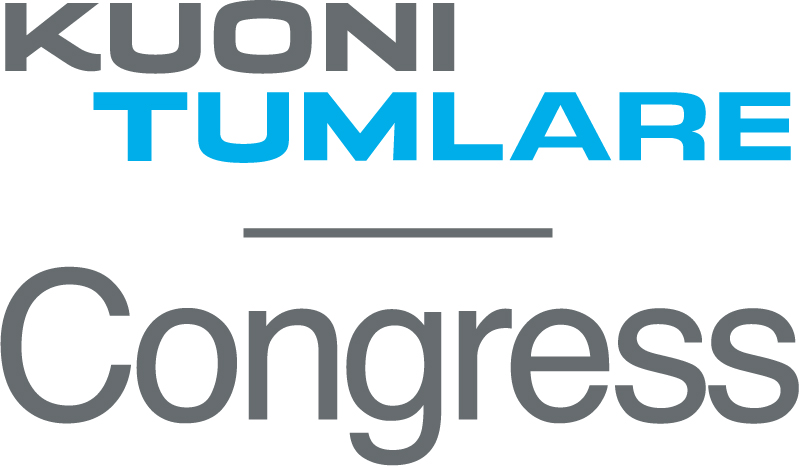Special Session SS4
12 July 2023
Science with the Virtual Observatory: status, success cases, the future

News:
- Apr 11: Proposed contributions reviewed by the SOC.
- Feb 13: List of invited speakers updated.
- Feb 06: Invited speaker #4 confirmed. New SS4 image.
- Feb 01: Confirmation of the first three invited speakers.
- Jan 31: Registration open.
Aims and scope
Virtual Observatory (VO) is a well known and firmly established global collaboration, with demonstrated capacity to provide smooth access to astronomical data, theoretical models, simulations and analysis tools. All these immense resources of different kind can interactively operate thanks to complete and flexible standards, which are continuously revised.
By including major archives from important data centres such as NASA, ESA, ESO, and ALMA, VO has helped the community to optimize and improve their science findings, through better data analysis, exploitation, and mining. These achievements are paving the way for an even more brilliant future with cornerstone projects like SKA, Rubin Observatory and Euclid implementing VO standards in their archives infrastructures, and also by new IVOA groups working in the definition and implementation of standards and services for radio, time-domain and multi messenger data. The link between the Virtual Observatory and Artificial Intelligence and the development of Science Platforms to integrate VO in the Science Cloud are also hot topics in the IVOA roadmap.
This Special Session will bring together the European astronomical community around the major results achieved by its members, preferentially using the Virtual Observatory. It will be a forum where the most successful use cases of VO may be shared, and also a site where the major challenges for the coming years may be identified.
We foresee an active and highly multidisciplinary workshop. The topics will range from purely astrophysics success cases to more technical developments involving services, ML, AI, and data mining. At least one invited talk for each block is scheduled. The program will be completed by oral contributions and scheduled e-poster slots, in a format "one minute-one slide" per e-poster.
Young researchers are specially encouraged to present their science results using VO, both as oral contributions or as e-posters.
Programme
- Current status and capabilities of VO
- Training, tutorials and schools
- Publishing your data in VO
- Science cases using VO: covering all electromagnetic windows
- Science cases using VO: time domain
- Science cases using VO: multimessenger astronomy
- Data mining and VO
- Machine Learning, Artificial Intelligence
Invited speakers
- Mark Allen (CDS)
- Deborah Baines (ESA)
- Patricia Cruz (CAB/INTA-CSIC)
- Pierre Fernique (CDS)
- Giuseppe Greco (INFN)
- Martino Romaniello (ESO)
- Giuliano Taffoni (INAF)
Scientific organisers
- Enrique Solano (chair) - CAB/INTA-CSIC
- Mark Allen (co-chair) - CDS
- Patricia Cruz (co-chair) - CAB/INTA-CSIC
- Ricardo Rizzo (co-chair) - ISDEFE
- Alba Aller - CAB/INTA-CSIC
- Stefania Amodeo - CDS
- Sčbastien Derričre - CDS
- Maricruz Gálvez - CSIC
- Franck Le Petit - OBSPM
- Belen López Martí - CEU
- Pedro Mas Buitrago - CAB/INTA-CSIC
- Raquel Murillo Ojeda - CAB/INTA-CSIC
- Fabio Pasian - INAF
- Joachim Wambsganss - UNIHE
Contact
ricardo.rizzo @ cab.inta-csic.es
Updated on Tue Apr 11 15:57:56 CEST 2023
|

 A power cut will shut down all EAS services on Tuesday, 10 January 2017 starting at 7:30 CET.
A power cut will shut down all EAS services on Tuesday, 10 January 2017 starting at 7:30 CET.


